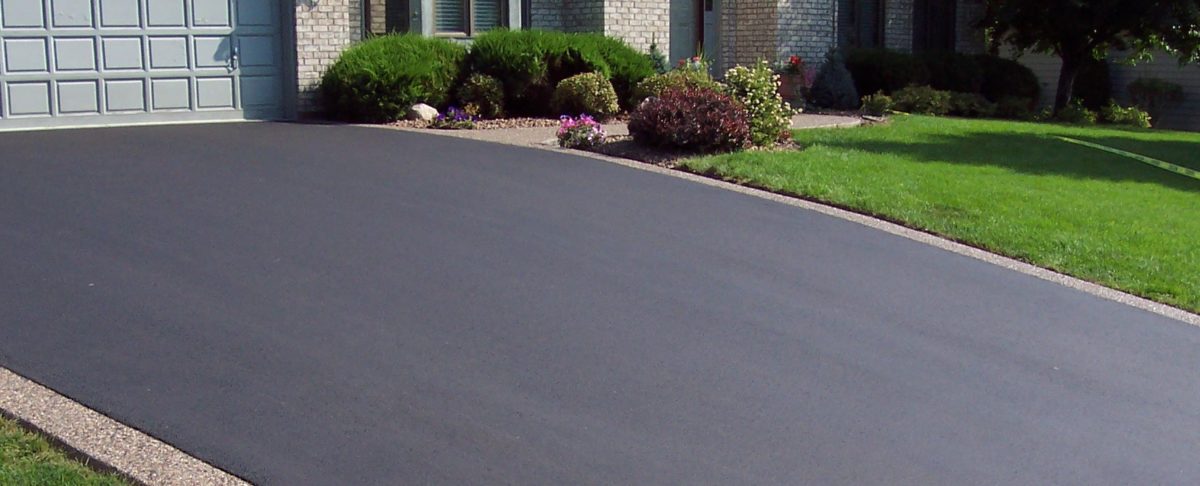If you’re looking for the cheapest way to pave a driveway, you must always remember that there are certain corners that simply cannot be cut, and that to get a quality result that is durable and stays looking great for years, there are important installation protocols that must always be observed.
Factors Affecting Pricing & Cost
If you need a new driveway or you’re replacing a driveway, there are many factors that will ultimately determine the paving cost.
For driveway replacements, a significant amount of time and energy will need to go into the demolition and removal of the existing surface, be it paving stones, concrete or asphalt. Specialist heavy machinery will be used to get this done as efficiently as possible.
Good preparation is key for achieving a nice smooth blacktop finish. If you have a sloped driveway, does it need to be graded to allow for proper rainwater drainage? Time might need to be allocated to filling in low spots and levelling high spots, and then ensuring that the soil is properly compacted, which may require machinery such as a drum roller. Sometimes, the subsoil might not be up to scratch and may need to be replaced.
After this, crushed rock - a special mix - is used to cover the base soil to ensure proper drainage. Cost may be affected by underlying soil type, with clay-based soil (which water tends to pool in) needing around double the crushed rock thickness of sandy soil. Time becomes a factor at this stage too, with a settling time needed for the base before the application of asphalt.
Care must be taken where your new asphalt connects to existing footpaths and roadways. Perfect grading for water run-off is essential in these transition areas.
Finally, the length and width of the driveway will naturally be one of the biggest determiners of your new driveway cost, with asphalt aggregate size and thickness also impacting on final costs. The degree of difficulty affects installation time, which in turn affects the cost to pave your driveway.
There are installation techniques to reduce the possibility of future damage by using certain combinations of aggregate, for example if the type of vehicles you will be parking on your driveway include heavy vehicles and campervans - so make sure you let us know in advance.
For driveway replacements, a significant amount of time and energy will need to go into the demolition and removal of the existing surface, be it paving stones, concrete or asphalt. Specialist heavy machinery will be used to get this done as efficiently as possible.
Good preparation is key for achieving a nice smooth blacktop finish. If you have a sloped driveway, does it need to be graded to allow for proper rainwater drainage? Time might need to be allocated to filling in low spots and levelling high spots, and then ensuring that the soil is properly compacted, which may require machinery such as a drum roller. Sometimes, the subsoil might not be up to scratch and may need to be replaced.
After this, crushed rock - a special mix - is used to cover the base soil to ensure proper drainage. Cost may be affected by underlying soil type, with clay-based soil (which water tends to pool in) needing around double the crushed rock thickness of sandy soil. Time becomes a factor at this stage too, with a settling time needed for the base before the application of asphalt.
Care must be taken where your new asphalt connects to existing footpaths and roadways. Perfect grading for water run-off is essential in these transition areas.
Finally, the length and width of the driveway will naturally be one of the biggest determiners of your new driveway cost, with asphalt aggregate size and thickness also impacting on final costs. The degree of difficulty affects installation time, which in turn affects the cost to pave your driveway.
There are installation techniques to reduce the possibility of future damage by using certain combinations of aggregate, for example if the type of vehicles you will be parking on your driveway include heavy vehicles and campervans - so make sure you let us know in advance.


